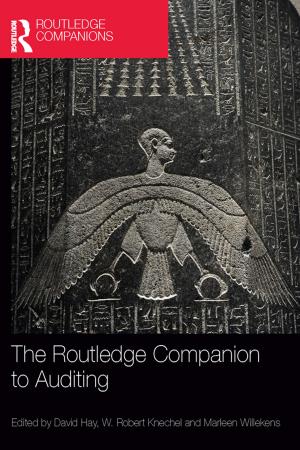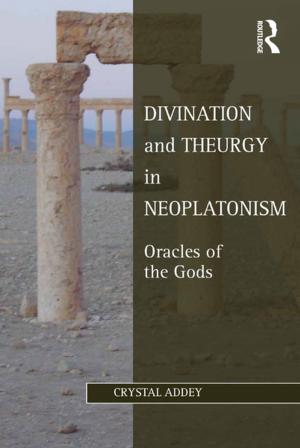A Global Political Economy of Democratisation
Beyond the Internal-External Divide
Nonfiction, Social & Cultural Studies, Political Science| Author: | Alison J. Ayers | ISBN: | 9781351710374 |
| Publisher: | Taylor and Francis | Publication: | February 13, 2018 |
| Imprint: | Routledge | Language: | English |
| Author: | Alison J. Ayers |
| ISBN: | 9781351710374 |
| Publisher: | Taylor and Francis |
| Publication: | February 13, 2018 |
| Imprint: | Routledge |
| Language: | English |
The late-twentieth century is often portrayed as an ‘Age of Democratisation’, with democracy heralded as the best of all political systems. Yet democracy has multiple meanings, values and significances. The start of the twenty-first century has witnessed a massive revival of interest in the meaning and role of democracy, not least as democracy understood in one highly particular sense has been increasingly recognised to be in crisis.
This book presents these deliberations in a new light by moving beyond the concept of the sovereign state as the dominant framework of enquiry and by rejecting the primacy of the state and the categorical separation of the ‘domestic’ and the ‘international’. Instead, Ayers elaborates an account of democratisation through the global political economy, encompassing a trenchant critique of mainstream democracy promotion in theory and practice, and opening-up possibilities for different histories of democratisation autonomous of the Western liberal and neoliberal project.
This innovative work will prove useful to scholars and students in the fields of Politics, Political Economy, International Relations, Development, African Studies, History, Geography and Sociology.
The late-twentieth century is often portrayed as an ‘Age of Democratisation’, with democracy heralded as the best of all political systems. Yet democracy has multiple meanings, values and significances. The start of the twenty-first century has witnessed a massive revival of interest in the meaning and role of democracy, not least as democracy understood in one highly particular sense has been increasingly recognised to be in crisis.
This book presents these deliberations in a new light by moving beyond the concept of the sovereign state as the dominant framework of enquiry and by rejecting the primacy of the state and the categorical separation of the ‘domestic’ and the ‘international’. Instead, Ayers elaborates an account of democratisation through the global political economy, encompassing a trenchant critique of mainstream democracy promotion in theory and practice, and opening-up possibilities for different histories of democratisation autonomous of the Western liberal and neoliberal project.
This innovative work will prove useful to scholars and students in the fields of Politics, Political Economy, International Relations, Development, African Studies, History, Geography and Sociology.















